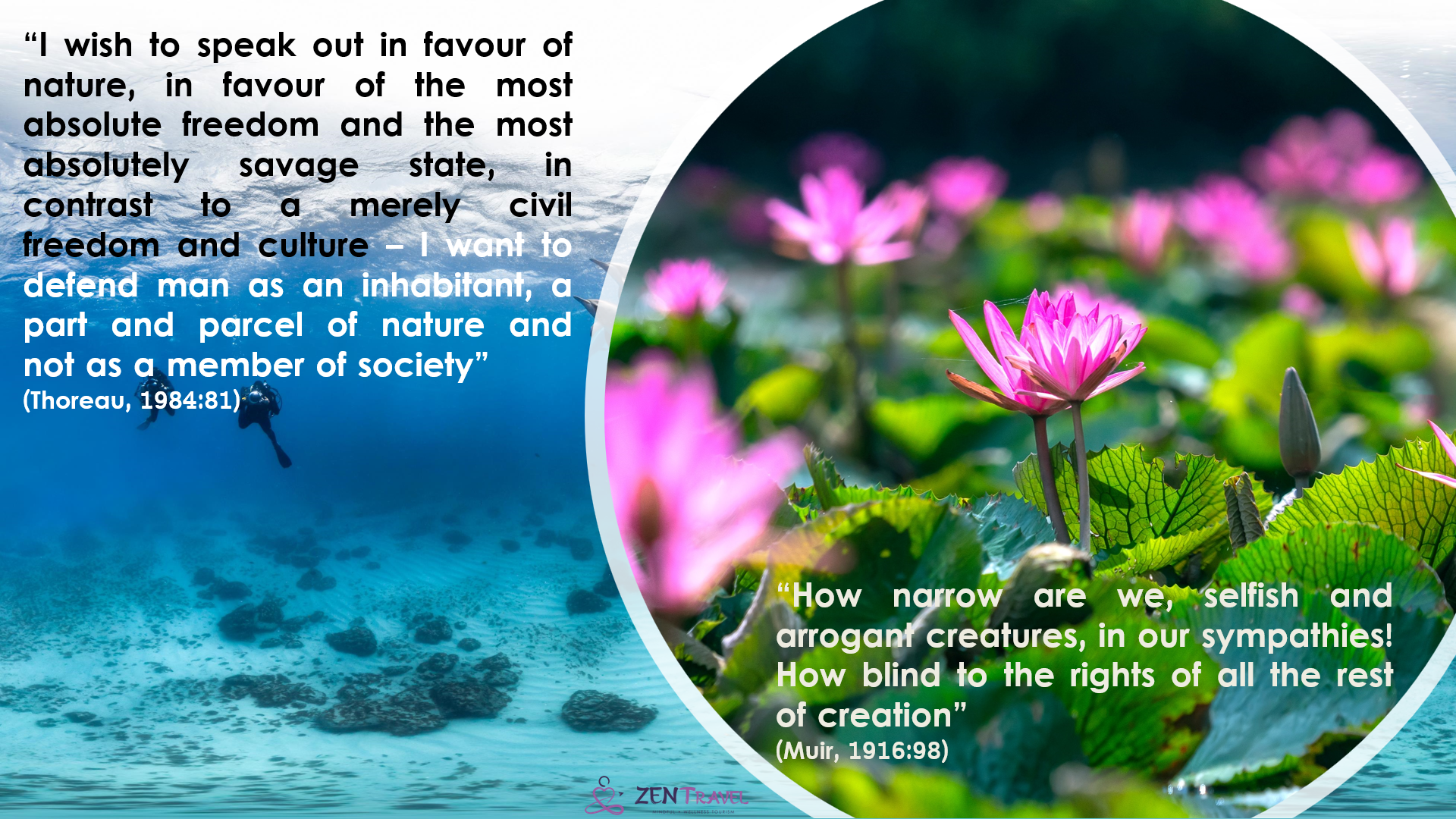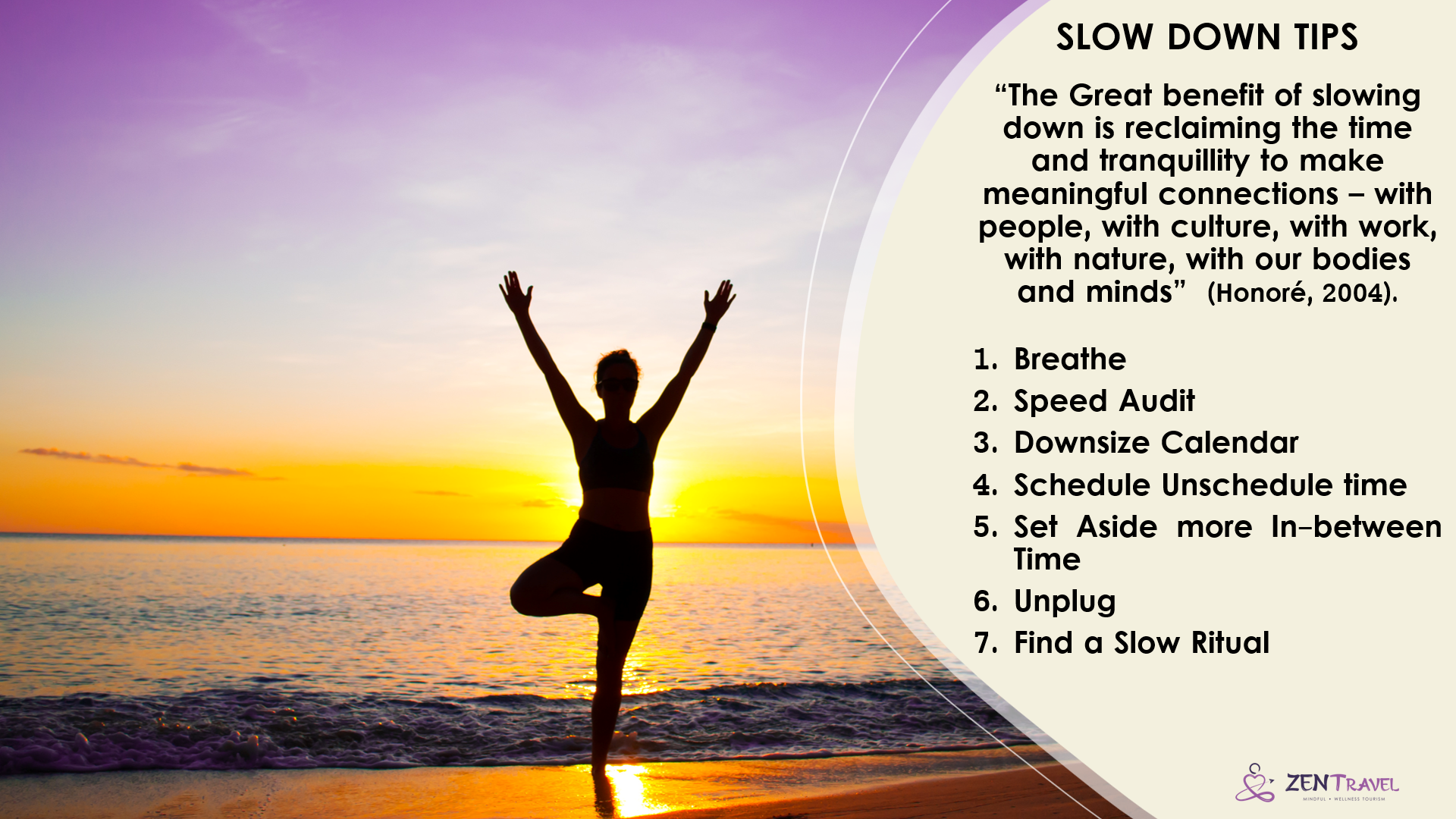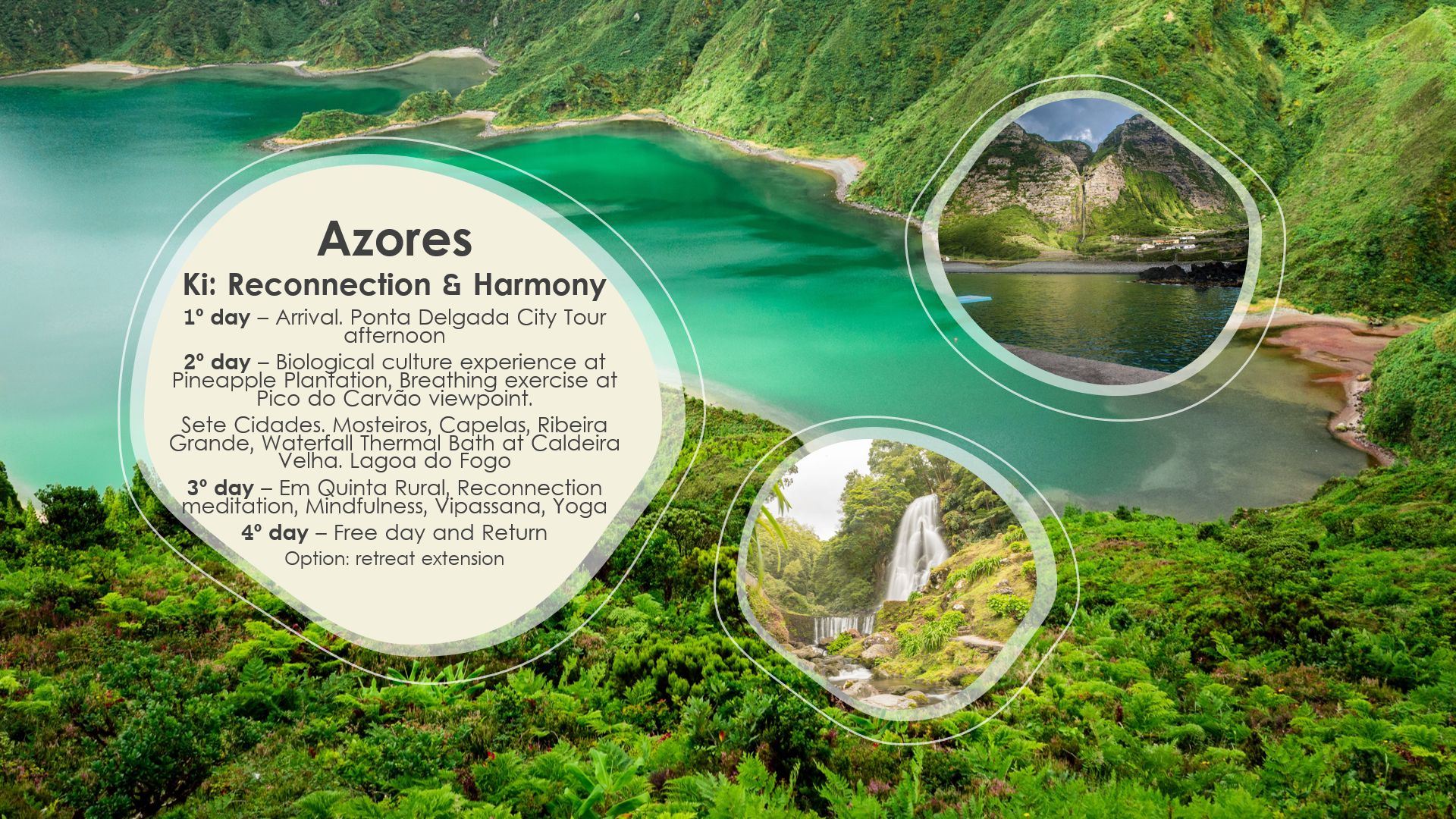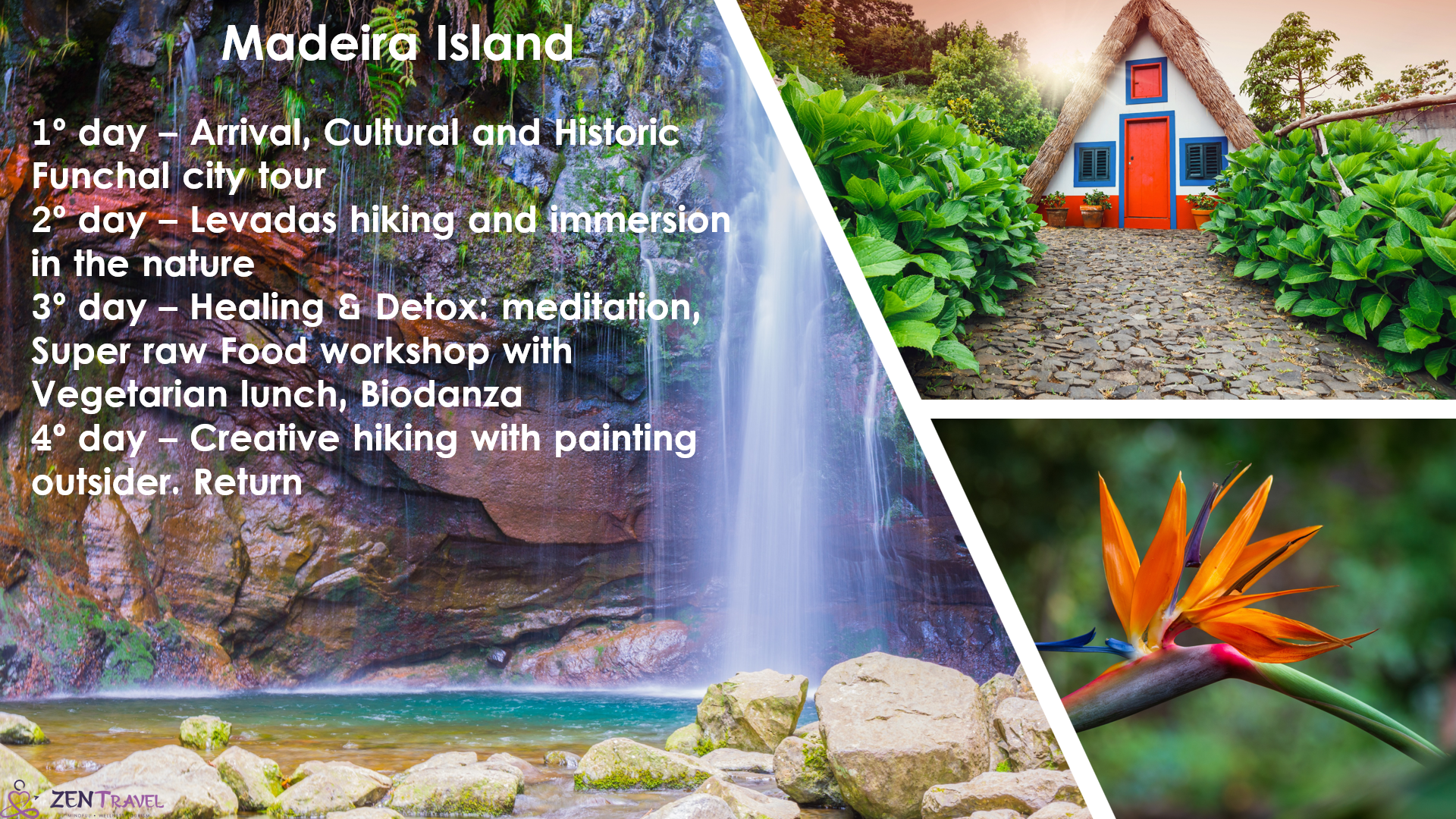
Ecotourism was born in opposition to mass tourism, as a segment aimed at the conservation of the natural and cultural heritage, biodiversity, and socio-diversity, applying an ecocentric conscience with values and ethics. "It is a sustainable, non-invasive way, based on nature, learning and conservation of the areas" (Fennel, 2008:24).
Ecotourism is based on three main criteria (UNEP/WTO, 2002; Weaver, 2005):
- based on nature
- focused on the development of learning through the natural and cultural environment
- maximize environmental and sociocultural sustainability, with effective benefits for indigenous communities
The International Ecotourism Society (TIES) (2010) asserts there are six main principles to follow:
- Minimize impact
- Build environmental and cultural awareness and respect
- Provide positive experiences for visitors and hosts
- Provide direct financial benefits for conservation
- Provide financial benefits and empowerment for local people
- Raise sensitivity to hosts' cultures, political, environmental, and social climate

Slow Tourism, another segment, and type of tourism, is closely linked to ecotourism, yet is different, with unique and own characteristics. It appears in opposition to fast forms of living, tasting, and feeling, it is a sustainable form of travel with a focus on local communities, education, and the environment, creating a connection for the traveller.
It is a mindset of simplicity, tastefulness, fewer but more meaningful experience of travel, preferring quality over quantity, fewer schedules, and few standard itineraries.
1 - Azores Island - Ki: Reconnection & Harmony
Prices: on request (zentravel@ravt.pt) Duration: 4 or 7 Days Nº Participants: Mín. 1 Max. 20 Pick up: Airport
2 - Madeira Island - Healing & Detox
Prices: on request (zentravel@ravt.pt) Duration: 4 or 7 Days Nº Participants: Mín. 1 Max. 20 Pick up: Airport
